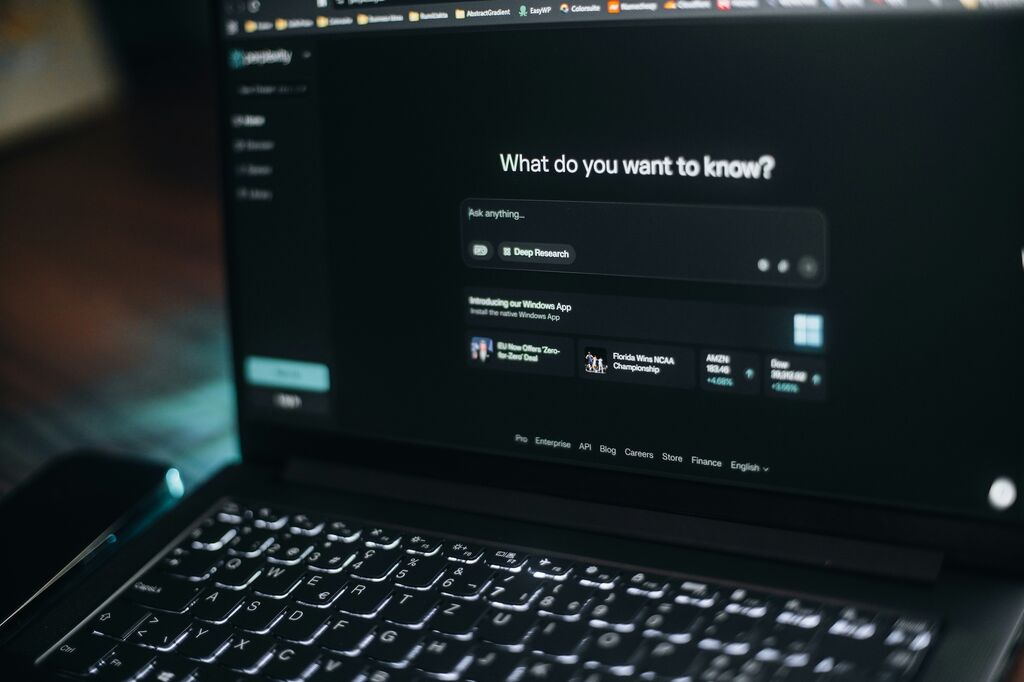Artificial Intelligence
Mental health experts express concerns about AI at work

Cases of ‘AI psychosis’ are increasing, causing alarm among mental health experts.
The rise of Artificial Intelligence in the workplace has also seen a rise in ‘AI panic’ as workers encounter AI implementation that feels overwhelming and out of their control.
AI psychosis
AI panic causes stress and overload, but AI psychosis goes a step further, meaning that you lose touch with reality.
‘AI psychosis’ has been identified by OpenAI, the creators of ChatGPT, as a major safety concern. An article in the Journal of Cognitive Psychology cites a 2023 editorial which says:
“Correspondence with generative AI chatbots such as ChatGPT is so realistic that one easily gets the impression that there is a real person at the other end—while, at the same time, knowing that this is, in fact, not the case… it seems likely that this cognitive dissonance may fuel delusions in those with increased propensity towards psychosis”.
A partner at work
Studies suggest that 25% of Gen Z believe AI is self-aware, and 69% say they’re polite to ChatGPT, responding with “please” and “thank you.” Increasingly those who use AI tools at work are thinking of them as human.
One person commented: “When you collaborate with AI every day across projects, decisions and creative work, it stops feeling like a tool and starts functioning more like a partner”.
Mental health concerns
AI at work is not only a source of mental health issues, but AI is also the place that many people turn to for help with their mental health.
OpenAI has admitted that hundreds of thousands of users are exhibiting “possible signs of mental health emergencies.” A staggering 2.4 million more could be expressing suicidal ideation and looking to the AI platform for help rather than resources in the real world.
Psychotherapists have warned that relying on AI chatbots like ChatGPT for mental health support could be “sliding into a dangerous abyss”. Dr Lisa Morrison Coulthard, from the British Association of Counselling and Psychotherapy said, “We’re worried that although some receive helpful advice, other people may receive misleading or incorrect information about their mental health with potentially dangerous consequences.”
Share
